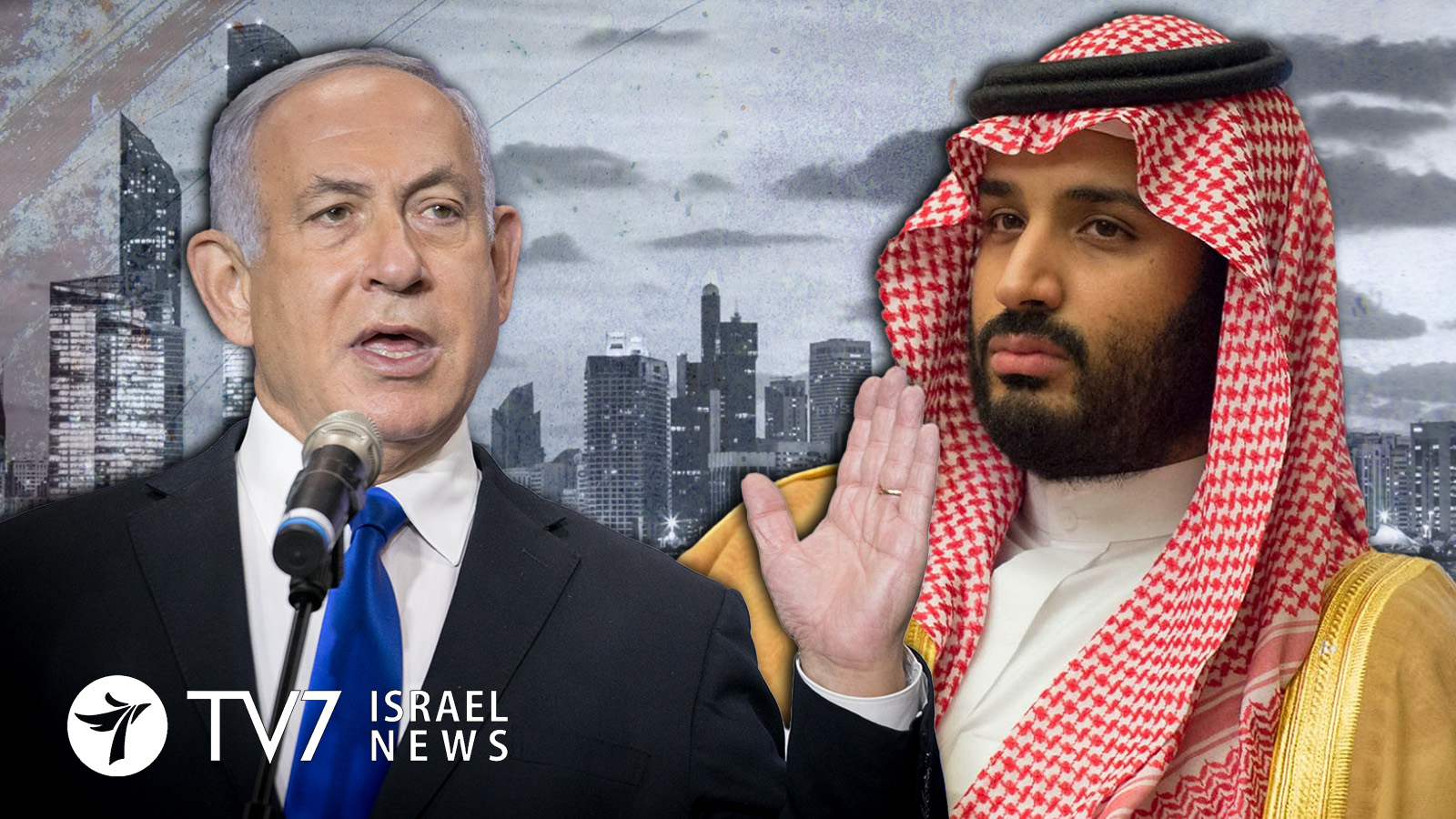Speculation had been rising whether Israeli Prime Minister Benjamin Netanyahu would meet Saudi Arabia’s de facto ruler Crown Prince Mohammed bin Salman in a visit to the United Arab Emirates slated for tomorrow.
While the trip had been a highly-touted trip aimed at showcasing the Netanyahu administration’s new Gulf alliances just before the upcoming 23 March Israeli elections, it was widely thought that the Saudi crown prince might join his talks with Abu Dhabi’s Crown Prince Sheikh Mohammed bin Zayed al-Nahyan.
The Prime Minister’s Office (PMO) had declined to confirm those reports, while they were denied outright by a Saudi official who told Reuters that Prince Mohammed would not be visiting the UAE on Thursday and would not be meeting Netanyahu.
Meanwhile, Netanyahu’s entire UAE itinerary may be canceled once again. The trip had previously been postponed due to Israel’s third coronavirus lockdown.
Israeli officials speaking on condition of anonymity say that the Premier’s wife Sara Netanyahu was hospitalized earlier today for an ‘operation,’ widely believed to be an appendectomy. Other government sources, however, said that the trip will be canceled following refusal by the neighboring state of Jordan to authorize passage through its airspace.
When- and if – Netanyahu travels to the UAE, it would mark the first such a visit by an Israeli Prime Minister to the Gulf power.
Israel established formal relations with the UAE and Bahrain in September 2020 as part of a United States-brokered agreement. The pact was the 3rd and 4th normalization deals with Arab states in over 70 years following peace treaties with Jordan and Egypt. A key uniting concern shared by the countries is malign regional behavior by Iran. Sudan, Morocco and Bhutan have also normalized ties with Israel since last fall.
Saudi Arabia, a Gulf powerhouse and Islam’s birthplace, has encouraged Israel’s rapprochement with Arab and Muslim states, but resisted the US call to recognize Israel itself. In November, Israeli officials and sources familiar with the issue said Netanyahu and Prince Mohammed held covert talks in the kingdom, although Riyadh publicly denied the meeting.
Netanyahu is currently seeking re-election in a tightly-contested race, which will be the country’s 4th in just 2 two years. The centerpiece of his campaign is his diplomatic prowess with the forging of new alliances, as well as the world-leading success of his administration’s COVID-19 vaccination roll-out.
During an interview yesterday with Israeli Army Radio, Netanyahu appealed for voters to re-elect him so that he can achieve even “more peace agreements,” while ensuring that Iran “doesn’t arm itself with nuclear weapons.”
